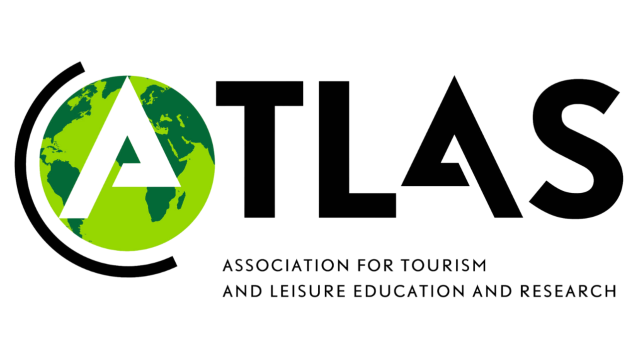Volunteer Tourism
Pictures used in banner:
Pacific Southwest Region USFWS from Sacramento, US, Public domain, via Wikimedia Commons
VISIONS Service Adventures, CC BY 2.0 <https://creativecommons.org/licenses/by/2.0>, via Wikimedia Commons
François Bianco, CC BY-SA 2.0 <https://creativecommons.org/licenses/by-sa/2.0>, via Wikimedia Commons
ATLAS Special Interest Group
Volunteer Tourism
The contact persons for this research group are:
Elisa Burrai and Davide Sterchele – Leeds Beckett University, United Kingdom
Volunteer Tourism has become an established field of investigation and practice. Over the years, numerous studies have approached it from a multitude of theoretical and methodological angles. These include volunteer tourists’ motivations (Chen and Chen, 2011); power relations between the Global North and the Global South (Bandyopadhyay, 2019); colonialism, exploitation and exclusion /marginalisation of certain groups of society (Bandyopadhyay, 2019; Butcher and Smith, 2015); the roles of different stakeholders (Coghlan, 2008); residents- tourists encounters and the impacts of volunteer tourism on destinations (Burrai et al, 2015). Recent theoretical and empirical approaches to volunteer tourism have showcased how the field, including the challenges and potentials associated to it, can be understood using complex and fruitful lenses applied from a variety of fields such as geography, psychology, anthropology and, most recently, development studies (Mowforth and Munt, 2009; Hollas et al, 2021). This is illustrated by the use of conceptual frameworks such as, among others, assemblage theory (Burrai et al, 2017); equity theory (Burrai et al, 2015); pedagogy of social justice (Henry, 2019); role identities and self-other relationships (Hollas et al., 2021) and collaborative consumption (Dredge and Gymothy, 2015; Everingham et al, 2021). In more recent times, the pandemic COVID-19 has magnified the significance of volunteer tourism as a vantage point for the study of broader societal dynamics, global inequalities and ethical issues. The evolving scenario imposed by the pandemic and by others global crises (such as climate change, poverty, migration) raises new conceptual challenges, such as the paradox of discussing virtual/online volunteering within volunteer tourism despite the lack of physical travel.
In the light of these research and practical progress and challenges, our Special Interest Group aims to:
- Advance theoretical, methodological, and practical knowledges through wide inter-, intra- and multi-disciplinary research.
- Stimulate and support transnational research and collaborations on volunteer tourism.
- (Co-)organise and facilitate relevant meetings and webinars.
- Enable collaborations between academia and the industry as well as other stakeholders.
If you want to contact the SIG coordinator, please fill in the form HERE
If you want to join this SIG, please fill in the form HERE
Annual review of activities 2024
The Volunteer Tourism SIG special track (Global changes and new challenges for volunteer tourism practice and research) for the ATLAS annual conference in Bad Gleichenberg provided a successful opportunity to discuss latest developments of the volunteer tourism field. Most of the presented papers were part of a special issue of the Journal of Hospitality and Tourism Management on Disruption and resilience in post-pandemic volunteer tourism: rethinking theory, contents and methods, edited by the SIG coordinators together with Prof. Kirsten Holmes from CAUTHE.
Activities in 2024
This year the SIG has organised a special track titled The future of volunteer tourism for the ATLAS Annual conference 2024 in Breda. The abstracts received are interesting and thought-provoking, and their presentations will stimulate fruitful, critical discussions on the current state of the field and its future trajectories. In this special track, the SIG coordinators will also share their recent work on the future developments of the volunteer tourism field mainly from a geographical perspective. This work stems from a recently submitted paper with the aim to stimulate debates on ways the knowledge and practice of volunteer tourism could advance.
Moreover, this year the SIG coordinators have been working on a curated collection for Tourism Geographies which hopefully will give an opportunity to share and discuss further with the members of the volunteer tourism SIG – particularly in relation to future research avenues.
Plans for next year
Future plans for next year include the organisation of a special track for the next ATLAS annual conference (2025).
Furthermore, as usual, we would like to create opportunities (e.g. roundtable; informal meeting) to engage with the members of our SIG beyond the context of the ATLAS annual conference. This would provide a useful platform to exchange ideas on the future path of the SIG and to discuss the potential of collaborative initiatives.
